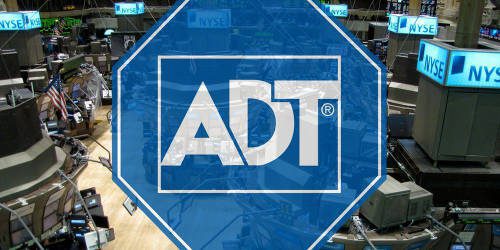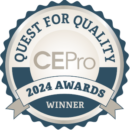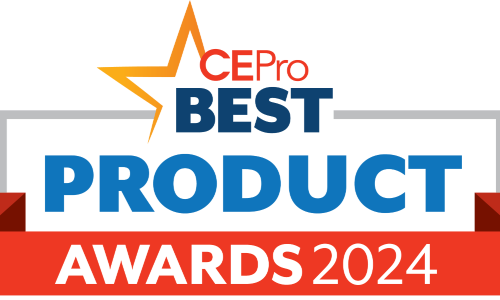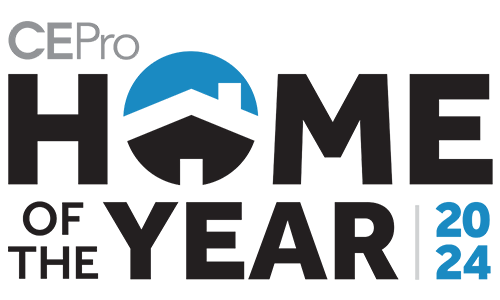ADT (NYSE: ADT) plans to sell 111,111,111 shares at a price range of $17 to $19 per share, which will result in the newly public security giant raising $1.915 billion. Those shares represent 15 percent of the company's total capitilization, which equates to $13.6 billion, with the balance still owned by Apollo Global, the current private equity owner.
After months of speculation, ADT announced several weeks ago it was officially filing with the Securities and Exchange Commission for an Initial Public Offering (IPO). The company will be listed on the NYSE under the ticker symbol “ADT”.
ADT lists $10.1 billion in debt. For 2017, ADT generated $3.2 billion in revenue but reported a net loss of $295 million.
ADT was previously a public company before being purchased by Apollo Global Management in 2016 for $12.3 billion. Apollo also owns Protection One. ADT is led by CEO Tim Whall, who was formerly Protection One's CEO.
The company, which is the No. 3 company in the CE Pro 100, has 7.2 million residential and commercial customers in the U.S. and Canada, according to the filing. More than 90 percent of its revenue comes from recurring monthly revenue (RMR), which has increased in recent years since the introduction of ADT Pulse, a smart home offering that melds security, lighting, and climate control.
In 2016, ADT reported $501.7 million in multi-subsystem smart-home revenue, which was a remarkable 260 percent growth. Meanwhile, the company’s number of multi-subsystem installations grew 64 percent to 788,250, up from 482,000 in 2015. It ended 2016 with more than 2 million ADT Pulse customers.
Morgan Stanley and Goldman Sachs Group Inc. are leading the IPO. One analyst believes the IPO will be positioned as an Internet of Things (IoT) play in the market, which will make it attractive to investors. Interestingly, that same analyst speculates that ADT could suffer under the new Trump tax plan, which limits a company's interest deductions to 30 percent of EBITDA. Last year, ADT's interest on debut amounted to about 35 percent of net earnings.
The company reported gross margins in the first nine months of 2017 were a healthy 80 percent, but due to heavy interest payments, the company's EBITDA has a 55 percent margin.
The company plans to immediately eliminate over $1 billion in debt from the IPO, with rest of the money in fees and spare cash.

















